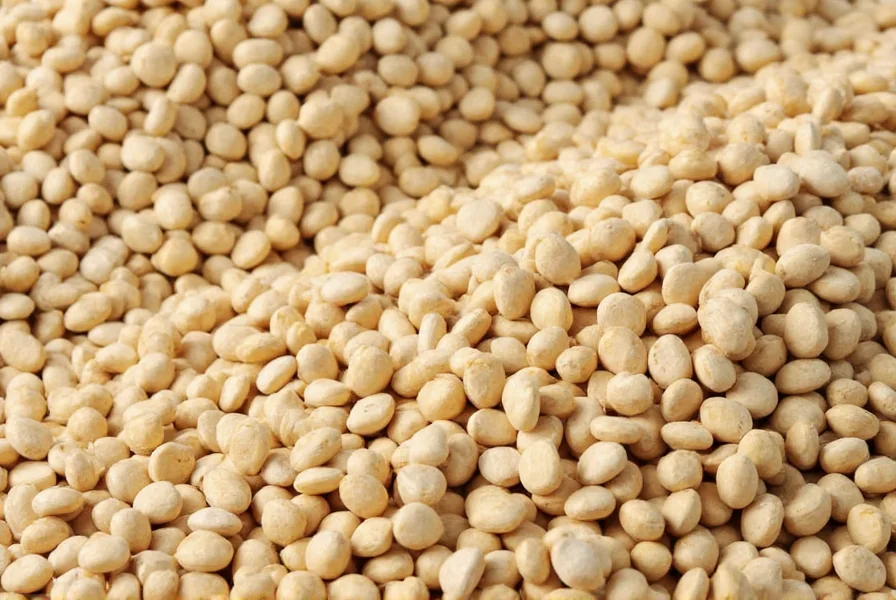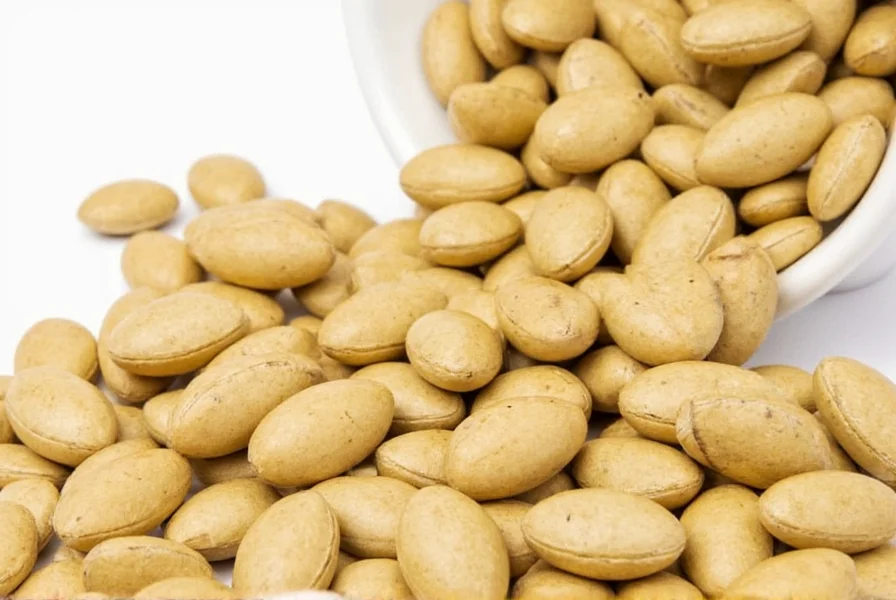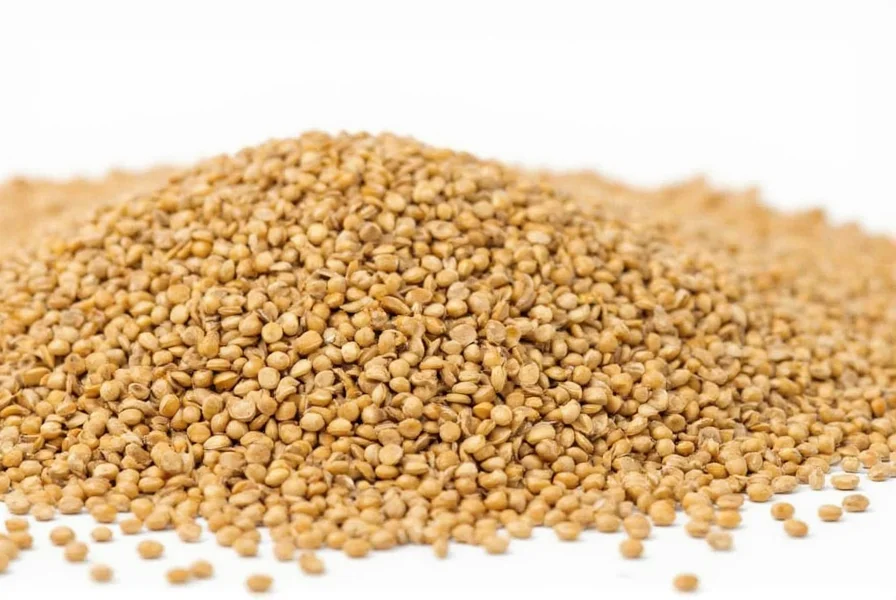Understanding Fenugreek Supplements: Science and Applications
Fenugreek (Trigonella foenum-graecum) has been used for centuries in traditional medicine systems across Mediterranean, Indian, and Middle Eastern cultures. Modern research has validated several health applications of fenugreek supplements, particularly for metabolic health and lactation support. This comprehensive review examines the current scientific understanding of fenugreek's benefits, appropriate usage, and safety considerations based on clinical evidence.
What is Fenugreek and How Are Supplements Made?
Fenugreek is an annual plant in the legume family whose seeds contain bioactive compounds including galactomannan fiber, saponins (particularly diosgenin), and 4-hydroxyisoleucine. These compounds contribute to fenugreek's physiological effects. Commercial supplements typically come in three forms:
- Whole seed powder - Contains the complete phytochemical profile but requires higher doses
- Standardized extracts - Concentrated forms targeting specific compounds like 50% furostanolic saponins
- Defatted seed extracts - Higher concentration of active compounds with reduced fat content
The most researched supplements use standardized extracts to ensure consistent potency across batches, which is critical for achieving reliable effects.

Evidence-Based Benefits of Fenugreek Supplements
Unlike many herbal supplements with limited research, fenugreek has substantial clinical evidence supporting specific applications:
Blood Sugar Management
Multiple clinical trials demonstrate fenugreek's potential for supporting healthy blood glucose levels. A 2020 meta-analysis published in Phytotherapy Research reviewed 12 studies involving 727 participants with type 2 diabetes. Researchers found that fenugreek supplementation significantly reduced fasting blood glucose by an average of 17.42 mg/dL and HbA1c by 0.58% compared to control groups.
The mechanism appears multifaceted:
- Delays carbohydrate absorption through high fiber content
- Enhances insulin sensitivity via 4-hydroxyisoleucine
- May stimulate insulin secretion from pancreatic beta cells
For those exploring fenugreek supplements for blood sugar management, research suggests doses of 1,000-2,000 mg daily of standardized extract provide optimal results.
Lactation Support
Fenugreek's reputation as a galactagogue (milk production enhancer) is supported by clinical evidence. A randomized controlled trial in the Journal of Alternative and Complementary Medicine found that mothers taking 6 grams daily of fenugreek extract produced significantly more breast milk than the control group by day 7 postpartum.
While the exact mechanism isn't fully understood, researchers believe fenugreek may stimulate prolactin production. For fenugreek for lactation support, most studies use 500-600 mg capsules taken three times daily, though individual responses vary considerably.
Testosterone and Exercise Performance
Emerging research suggests fenugreek may support healthy testosterone levels in men. A 12-week study in Phytotherapy Research found that men taking 500 mg daily of a specific fenugreek extract experienced significant increases in total testosterone and improved strength measures compared to placebo.
However, the evidence here is less robust than for blood sugar and lactation applications. More research is needed to confirm these effects and determine optimal fenugreek supplement dosage guidelines for this purpose.
Recommended Dosage Guidelines
Determining the right fenugreek supplement dosage depends on your specific health goals:
| Application | Recommended Dosage | Duration | Research Support |
|---|---|---|---|
| Blood sugar management | 500-1,000 mg standardized extract twice daily | Minimum 8 weeks | Strong clinical evidence |
| Lactation support | 500-600 mg three times daily | Until milk supply established | Moderate clinical evidence |
| Testosterone support | 500 mg standardized extract daily | 12+ weeks | Preliminary evidence |
Always start with the lowest effective dose and monitor your body's response. Consult with a healthcare provider before beginning any new supplement regimen, especially if you have underlying health conditions or take medications.
Potential Side Effects and Safety Considerations
While generally well-tolerated, potential side effects of fenugreek supplements include:
- Mild gastrointestinal issues (gas, bloating, diarrhea)
- Maple syrup-like body odor (due to sotolone compound)
- Lowered blood sugar (can be problematic for diabetics on medication)
- Rare allergic reactions, particularly in those sensitive to legumes
Certain populations should exercise caution or avoid fenugreek supplements:
- Pregnant women - May stimulate uterine contractions
- Individuals with peanut or chickpea allergies - Cross-reactivity possible
- People taking diabetes medications - Risk of hypoglycemia
- Those scheduled for surgery - May affect blood sugar control
The fenugreek supplements safety information is generally positive for most adults when used appropriately, but professional guidance is essential for those with health conditions.

Choosing Quality Fenugreek Supplements
Not all fenugreek supplements deliver equal benefits. When selecting a product, consider these factors:
- Standardization - Look for products specifying the percentage of active compounds (e.g., "standardized to 50% furostanolic saponins")
- Third-party testing - Certifications from NSF, USP, or ConsumerLab indicate quality verification
- Transparency - Reputable manufacturers provide detailed information about sourcing and processing
- Formulation - Defatted extracts typically offer higher concentrations of active compounds
Be wary of products making exaggerated claims about scientific evidence for fenugreek benefits. Legitimate supplements will acknowledge both potential benefits and limitations of current research.
Integrating Fenugreek Into Your Health Regimen
Fenugreek supplements should be viewed as complementary to, not replacements for, foundational health practices. For those considering fenugreek and diabetes management, remember that supplements work best alongside dietary modifications, regular exercise, and medical supervision.
The current body of research, while promising, has limitations. Many studies have small sample sizes or short durations. More rigorous, long-term research is needed to fully understand fenugreek's therapeutic potential and optimal usage protocols.
Always discuss supplement use with your healthcare provider, particularly if you have chronic health conditions or take prescription medications. They can help determine whether fenugreek supplements align with your individual health needs and circumstances.
Frequently Asked Questions About Fenugreek Supplements
How quickly does fenugreek work for increasing milk supply?
Many breastfeeding mothers report noticing increased milk production within 24-72 hours of starting fenugreek supplementation at the standard dose of 500-600 mg three times daily. However, individual responses vary significantly. Research suggests about 75% of women experience some benefit, but it may take up to 2 weeks to see maximum effects. If no improvement occurs after 2 weeks, fenugreek likely won't be effective for that individual.
Can fenugreek supplements lower blood sugar too much?
Yes, fenugreek can potentially lower blood sugar to concerning levels, especially when combined with diabetes medications like insulin or sulfonylureas. This fenugreek supplements safety information is critical for people with diabetes. If you're using fenugreek for blood sugar management, monitor your glucose levels closely, particularly when starting supplementation. Work with your healthcare provider to adjust medication doses if necessary, as the combined effect could cause hypoglycemia.
What's the difference between fenugreek seeds and supplements?
Whole fenugreek seeds contain the complete phytochemical profile but require larger quantities (typically 2-3 grams) to achieve therapeutic effects. Supplements offer standardized concentrations of active compounds in smaller doses (500-1,000 mg). Research on scientific evidence for fenugreek benefits primarily uses standardized extracts, which provide more consistent results than variable whole seeds. Supplements also eliminate the bitter taste associated with consuming whole seeds.
Are there any long-term risks associated with taking fenugreek supplements?
Current research suggests fenugreek is safe for long-term use at recommended doses for most adults, with studies following participants for up to 12 months without significant adverse effects. However, comprehensive long-term safety data beyond one year is limited. Some experts recommend taking periodic breaks from supplementation (such as 1-2 weeks off monthly) to assess whether continued use remains necessary. As with any supplement, ongoing monitoring by a healthcare provider is advisable for extended use.











 浙公网安备
33010002000092号
浙公网安备
33010002000092号 浙B2-20120091-4
浙B2-20120091-4